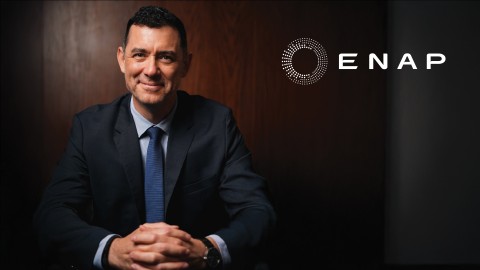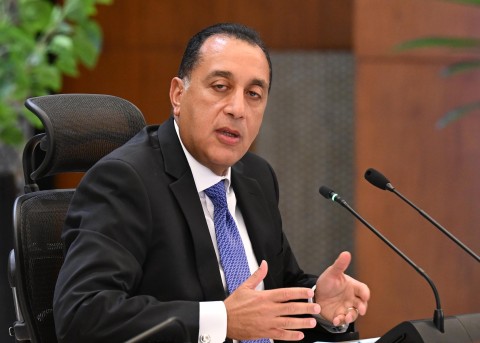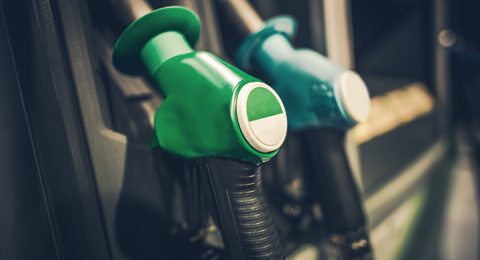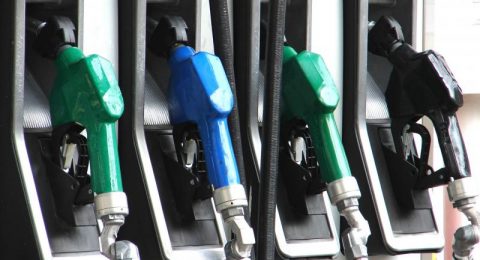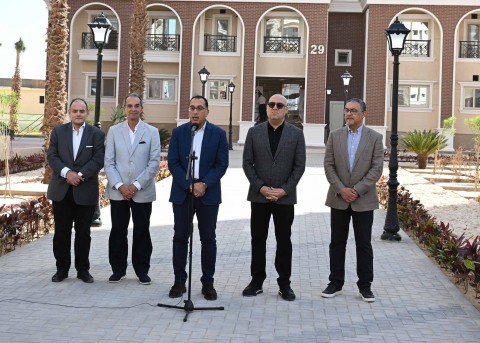Egyptian Minister of Petroleum and Mineral Resources, Tarek El Molla, announced during a television interview that there is no connection between the fuel smart cards system and the recent fuel prices increase, Amwal Al Ghad reported.
As the minister explained, the smart cards – which were sucessfully distributed to warehouses, refineries, outlets, and filling stations – aim to enable the ministry to have surveillance over the fuel in order to prevent fuel smuggling, Arab Finance informed. The activation of citiziens’ smart cards is delayed as the ministry still did not define all the sectors of distribution.
The increase in benzene and diesel prices follows instead the Egyptian Cabinet’s decision to cut fuel subsidies in order to ease the budget deficit. It is the second fuel price inflation in a year as prices had previously jumped in November 2016.
Fuel subsidies cost amounted to EGP 520b in the last five years, according to the minister. El Molla added that the higher income citizens are the ones who make the most benefits out of subsiding fuel.
Subsidies are expected to decrease as the newly discovered fields come online. The minister highlighted this point explaining that the state imports around 35% of its fuel needs.
In a press conference in Cabinet‘s headquarters in Cairo, El Molla also noted that Egypt is expected to achieve self-sufficiency in natural gas by 2018. “The country will provide around 90% of the local market’s demand soon,” he added.



